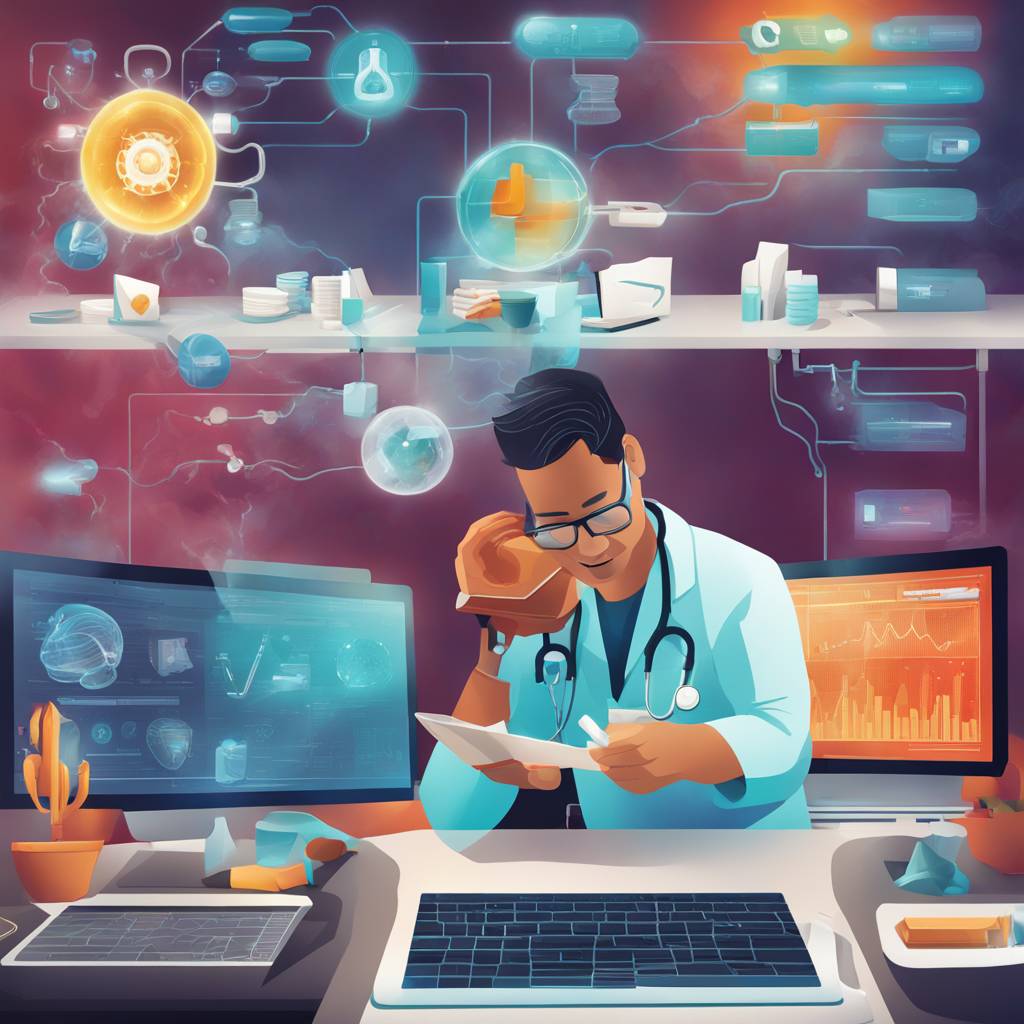The rate of burnout among physicians in the U.S. has increased significantly during the pandemic, with nearly two-thirds of physicians feeling overwhelmed by administrative requirements and burdens. A recent survey of over 1,000 physicians revealed pervasive feelings of burnout and dissatisfaction, posing a serious threat to the viability of the current healthcare system. The causes of burnout include excessive administrative workloads, reduced staffing, high turnover rates, concerns over financial viability, and rising patient expectations around provider communications.
The survey also found that 93% of physicians feel burned out on a regular basis, with almost half considering leaving the field or no longer seeing patients within the past year. This negative sentiment presents a major obstacle to the success of healthcare in the U.S., and many believe that the industry has already hit a breaking point. However, the application of technology, such as automation and machine learning, presents an opportunity to reduce the burden on physicians and allow them more time to focus on patient care.
Breakthroughs in artificial intelligence have the potential to strengthen doctor-patient relationships by reducing time spent on administrative work, notetaking, and claim resolution. Many physicians believe that AI can help alleviate physician burnout, with over a quarter of respondents stating that AI may be a solution. Patients also see the potential benefits of AI in healthcare, with more than half believing it will improve patient health outcomes. By integrating AI and automation into daily workflows and patient encounters, physicians can spend more time building relationships and delivering better care.
AI can help alleviate burnout by taking on administrative tasks, increasing efficiencies, and allowing physicians to have more facetime with patients. As AI models become more refined, they will be able to streamline processes such as coding, payment processing, and managing prior authorization, particularly benefiting smaller practices with limited resources. AI technology can also help identify patterns and anomalies in patient data, reduce administrative burdens, and improve efficiency during patient interactions.
AI’s evolving role in the future of healthcare is crucial as the industry faces significant challenges related to burnout and administrative burdens. It is essential for healthcare organizations to integrate AI into daily workflows and prioritize transforming notetaking and documentation to reap immediate benefits. As AI technology continues to develop, IT leaders within healthcare organizations should ensure that patient data remains secure and all use is HIPAA compliant. This moment presents a significant opportunity for physicians and healthcare organizations to leverage AI technology to address current pain points and improve patient care.













